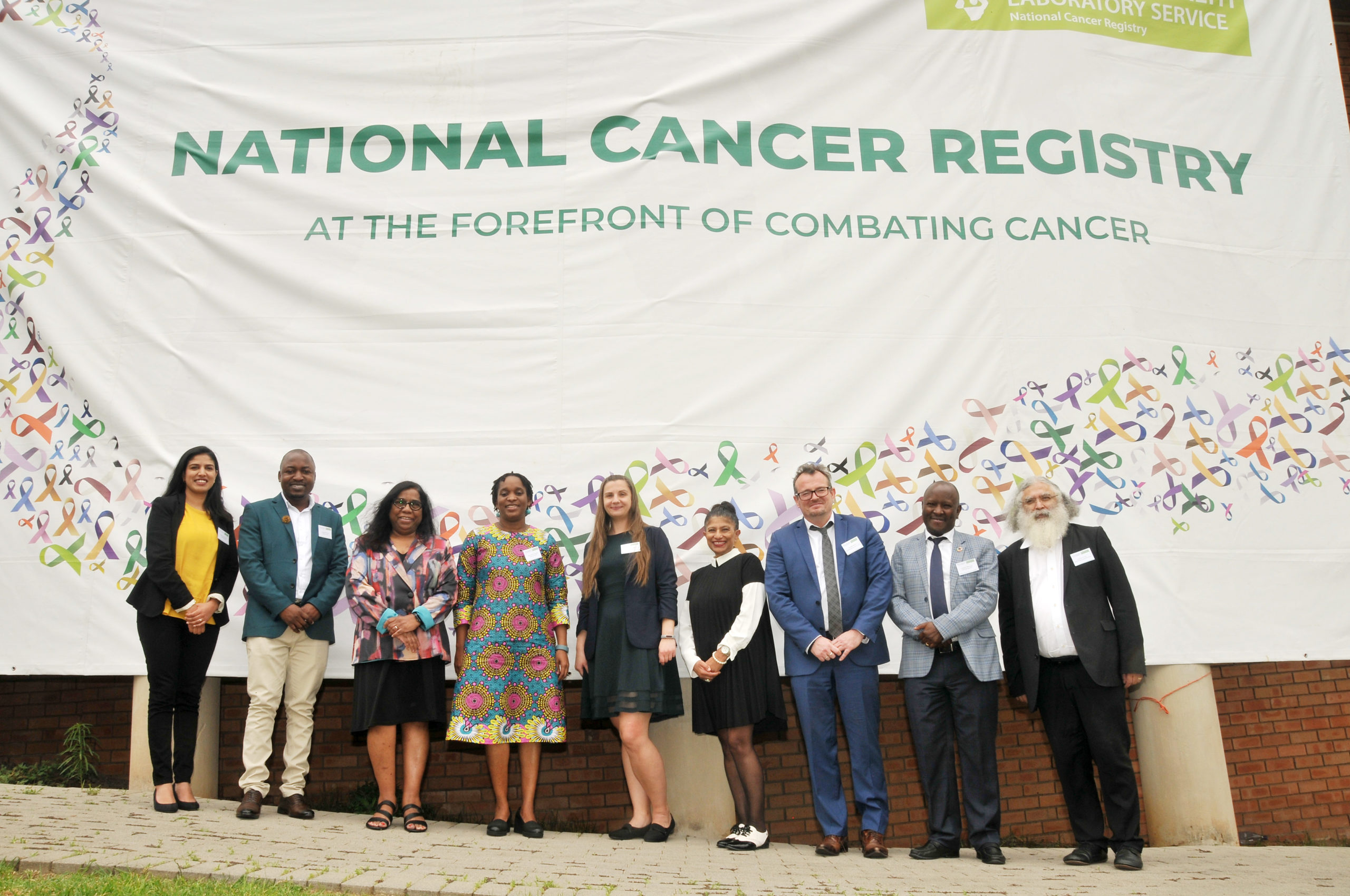Vital Strategies’ office in Addis Ababa, Ethiopia opened in the summer of 2020. The location, also home to the African Union, will help us strengthen our organization’s public health capacity in the region.
Vital Strategies began working in Ethiopia in 2012 when we established the East Africa Training Initiative in partnership with Addis Ababa University and Black Lion Hospital. This Fellowship program trains Ethiopian doctors as lung health specialists to fill an important gap in addressing tuberculosis and other lung diseases. In 2015, working with the city of Addis Ababa and other local partners, we initiated a successful road safety program to improve communication, surveillance and coordination of global road safety partners in an effort to prevent road crashes and save lives.
The Addis Ababa office opened in the midst of the pandemic and has provided a base for supporting COVID communication and health care worker training. Our other ongoing work includes support for healthier food policies, collecting and using data to inform public health policy decisions, and improving civil registration and vital statistics.
Recent

Vital Stories
Three Collaborating Centers were opened in Kenya, South Africa and Côte d’Ivoire to strengthen cancer registration across the continent.
Read moreContact Us
info@vitalstrategies.org
+251 11 668 7129
Noah Plaza, Bole Airport Road, Bole Sub City, Woreda 02, Addis Ababa, Ethiopia, P.O. Box 18357

